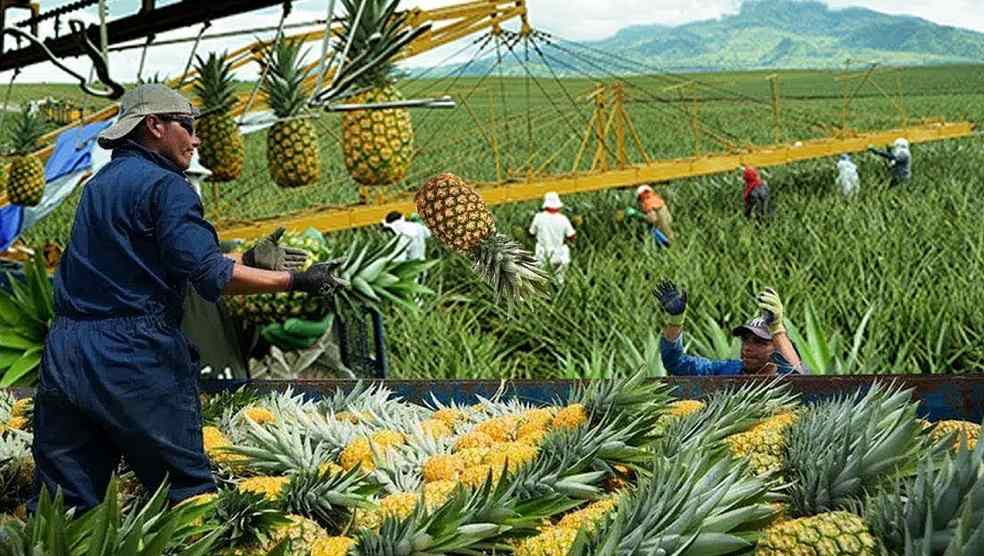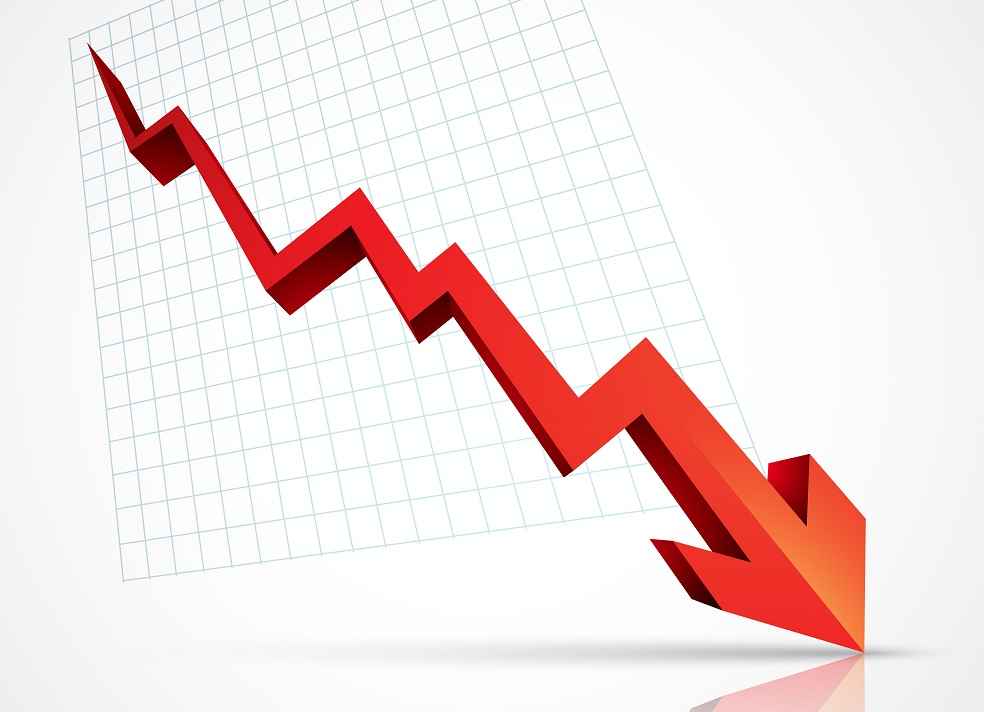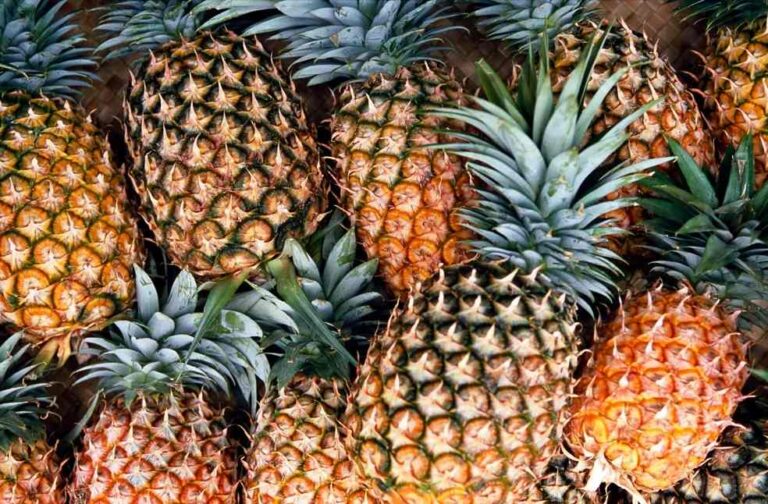Nigeria, the world’s eighth-largest producer of pineapples, faces a staggering daily loss of N50 million due to imports from countries like Ghana and Togo. Despite producing around 1,607,200 metric tons annually, pineapple imports of Nigeria from nations ranked significantly lower in global production, as highlighted by agriculturist Ambassador Oluwasegun Alabi during a recent press conference at the National Assembly.
While Nigeria’s production is substantial, it only meets half of its domestic demand for pineapples. This shortfall forces reliance on imports, even as global demand for the fruit rises, particularly from Asian markets. Yet, Nigerian pineapples often fall short of international standards due to outdated farming methods and poor agricultural practices, resulting in substandard fruit unsuitable for export and industrial use.

Alabi, CEO of Davidorlah Farms, stressed that the absence of proper processing facilities compounds the issue. Without these, Nigeria cannot produce value-added products like canned pineapples or pineapple concentrate, excluding the country from lucrative global markets. Pineapple, the fifth most consumed fruit globally, presents enormous potential as a luxury item, with demand consistently outpacing supply.
Pineapples offer remarkable versatility. Recent discoveries show the fruit’s potential in producing a wide range of products, from clothing and footwear to disposable items and biofuels. This versatility, along with its well-known health benefits, has further boosted global demand.
Nigeria’s fertile lands and favorable climate provide a strong foundation to meet domestic needs and emerge as a leading exporter. Yet, challenges persist: inconsistent quality, outdated agricultural practices, and limited access to modern resources and infrastructure. These issues have hindered Nigeria’s ability to meet international standards and fully engage in the global pineapple market.

Alabi urged the Nigerian government to foster a business-friendly environment, enabling the private sector to thrive. He emphasized the need for expert involvement with proven success in agriculture to tackle the nation’s food security challenges and seize opportunities in the global pineapple market.
“With vast, fertile land, Nigeria has the potential not only to meet its domestic pineapple demand but also to become a leading global exporter,” Alabi concluded. The potential is immense, and the time to act is now.
TRADE WORLD | Ireland Contributes €200,000 to Boost Global Food Safety and Trade Access



